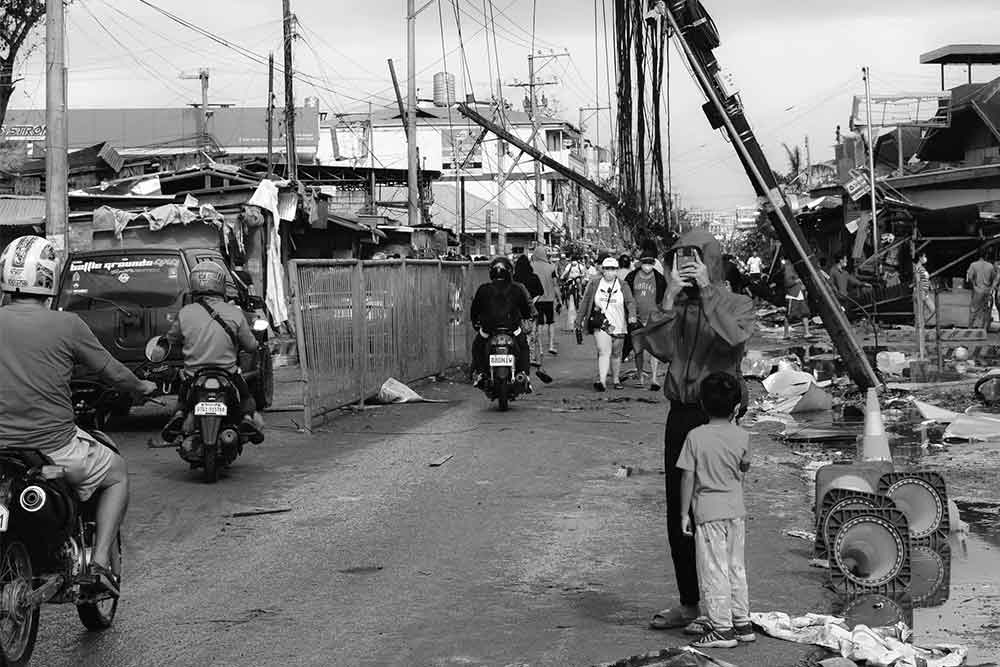Economy
How Natural Calamities Impact the Economy


Natural disasters like typhoons, earthquakes, floods, and wildfires significantly affect communities and economies. When calamities strike, they can damage critical infrastructure, disrupt businesses, and strain local resources.
Understanding these impacts is crucial for appreciating the importance of disaster preparedness for economic stability.
Main Effects of Natural Calamities on the Economy
Natural disasters primarily impact the economy in three interconnected ways:
Damage to Infrastructure and Job Losses
Disasters can severely damage essential infrastructure, such as roads, bridges, and power lines. The costs of repairs can be substantial and often take months or years to complete. Resources that could support growth are diverted to recovery efforts, slowing economic activity. Small businesses, particularly vulnerable during such events, may struggle to reopen due to damaged property or lost inventory.
Job losses result from business closures, leading to decreased household income and further reducing spending in the community.
Disruption to Agriculture and Food Prices
Agriculture often bears the brunt of natural disasters. Floods, droughts, and storms can wipe out crops and livestock, leading to significant income loss for farmers. This destruction results in food shortages that drive prices up, impacting everyone from local families to consumers worldwide.
Higher food prices decrease disposable income, which affects overall spending on other goods and services. This, in turn, weakens the local economy, as families prioritize essential purchases over discretionary spending.
Short-Term Recovery Jobs and Long-Term Economic Strain
While recovery efforts can create temporary jobs in construction and repair, these positions are often short-lived. The long-term economic impacts of natural disasters, such as infrastructure repair costs and business closures, usually overshadow these temporary gains.
Communities may struggle for years to regain stability and growth, highlighting the importance of effective disaster preparedness and recovery plans.
Natural disasters disrupt economies through infrastructure damage, job losses, and rising food prices. Although recovery efforts may create temporary jobs, the overall economic effects are often long-lasting.
Recognizing these impacts emphasizes the need for communities to be better equipped to withstand and recover from future calamities, ensuring a more resilient economy. (ASC)
































